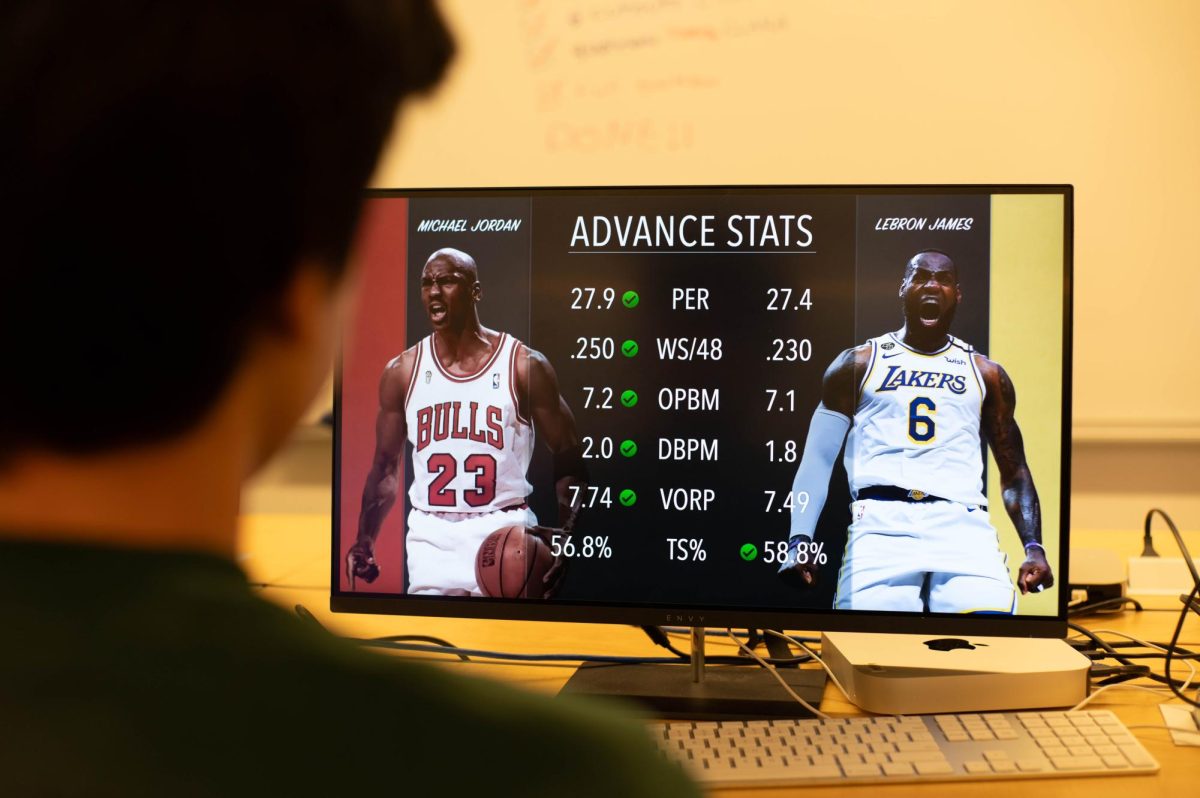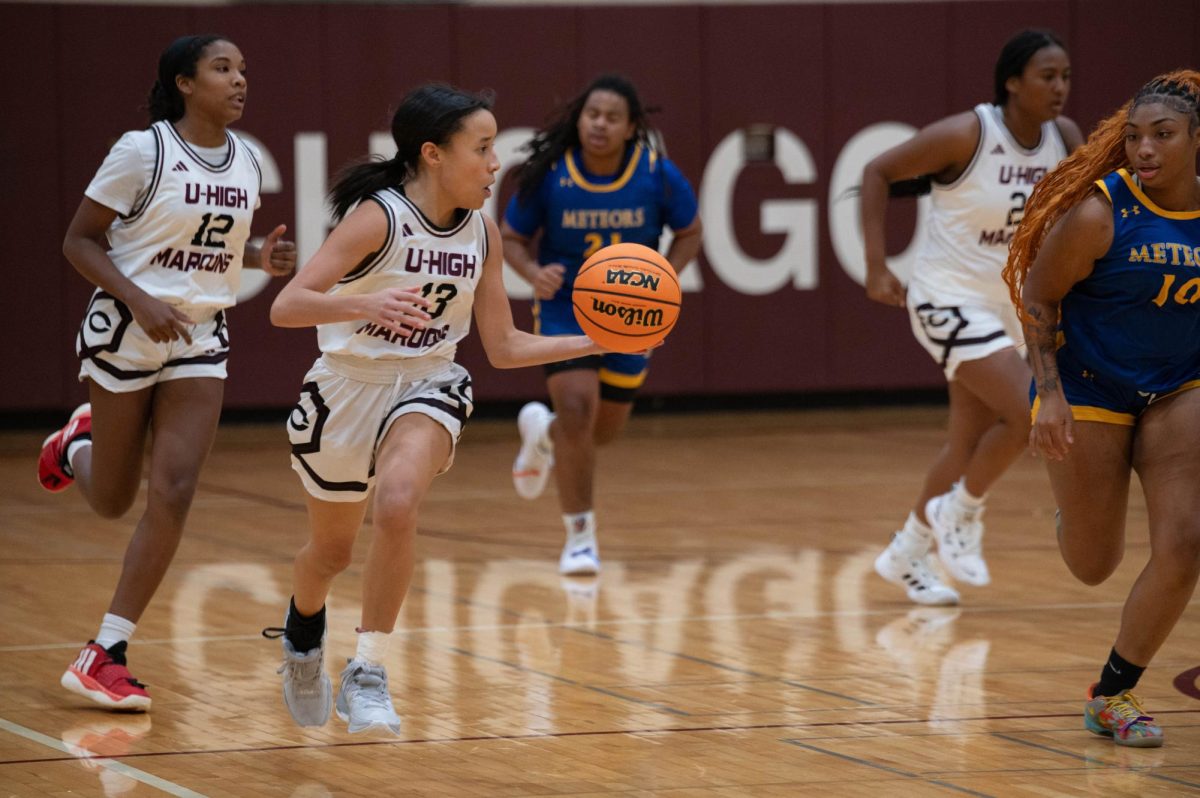When the sports documentary “Olympia” by Leni Riefenstahl debuted in 1938, it captured the 1936 Olympic Games in depth and provided an angle never seen before. It is regarded as a pioneer to the industry, shaping the genre for many decades to come.
Today, as fans and athletes look for a closer connection to their idols and favorite players, sports documentaries offer inspiration and provide a new angle to the sport. Documentaries present an opportunity for fans to understand the history behind players and unearth unknown facts as viewers immerse themselves and find entertainment, knowledge, life lessons, and things that go unnoticed during historic competitions.
Joshua Potter, a P.E. teacher and head soccer coach, has been a fan of documentaries that focus on soccer. He feels they give insight to the life of sports celebrities and allow fans to experience and relate to a side of sports that is unseen.
“To be in the locker room, to hear what that great player is like, or to hear what that great coach is like — it just gives you more of a sense of, ‘Wow, that person is amazing,’” Mr. Potter said.
Sports documentaries can provide insights to coaches and players as they work to improve their game. Coaches benefit by learning from the teaching methods of the best, and players can gain motivation and understand the game on a deeper level.
“You see the professional athletes and how hard they are working, and they always talk about the mental fatigue of the season. So it makes me aware of really what our athletes are going through as well,” Mr. Potter said. “That’s what I try and focus on: don’t push them too hard, rely on the resources we have here, check in with them and really build relationships.”
Recently, “Beckham,” a four-part documentary series was released by Netflix showcasing the life of world-renowned soccer player David Beckham. It provides the perspective of a player who transitioned to a coach and offers valuable insight and entertainment to fans. “Beckham” also helps fans experience historic moments, allowing them to experience the thrill of the game.
“Overall it was a great documentary,” junior David Smith said. “I loved when he had career-changing moments, for example, his kick against Greece that secured qualification for the World Cup.”
Furthermore, documentaries provide a different format of film compared to movies, focusing on a particular team, season, game or even moment, which can be beneficial for new audiences, slowing down the action and allowing them to start understanding the sport.
“Some documentaries will tend to focus on dramatic moments of a season or a specific game, which for viewers who don’t want the actual sport makes it seem more compelling or exciting,” ninth grader Taara Sajdeh said.
Taara, a Formula 1 fan, feels documentaries such as Netflix’s “Drive to Survive” allow viewers to see behind the scenes, making the drivers feel more human instead of unrealistic.
“It can allow viewers to see what is going on behind the scenes,” Taara said, “and into personal connections between players and teams, but it can also provide a second angle as when you are watching sports you are only really listening to the commentators, while when you are watching documentaries you are getting the perspective of the athletes themselves.”
As the topic of sports documentaries among students continues to grow, the surge in popularity is a testament to the life lessons and opportunities for inspiration these documentaries provide to athletes and fans. They expose another layer of details that many fans love to see, providing a deeper understanding to the sport. As these stories unfold, students are able to find themselves not only as spectators watching far from the bleachers but as participants to the history of their idols, taking inspiration and gaining valuable knowledge in their own journey to greatness.






















































